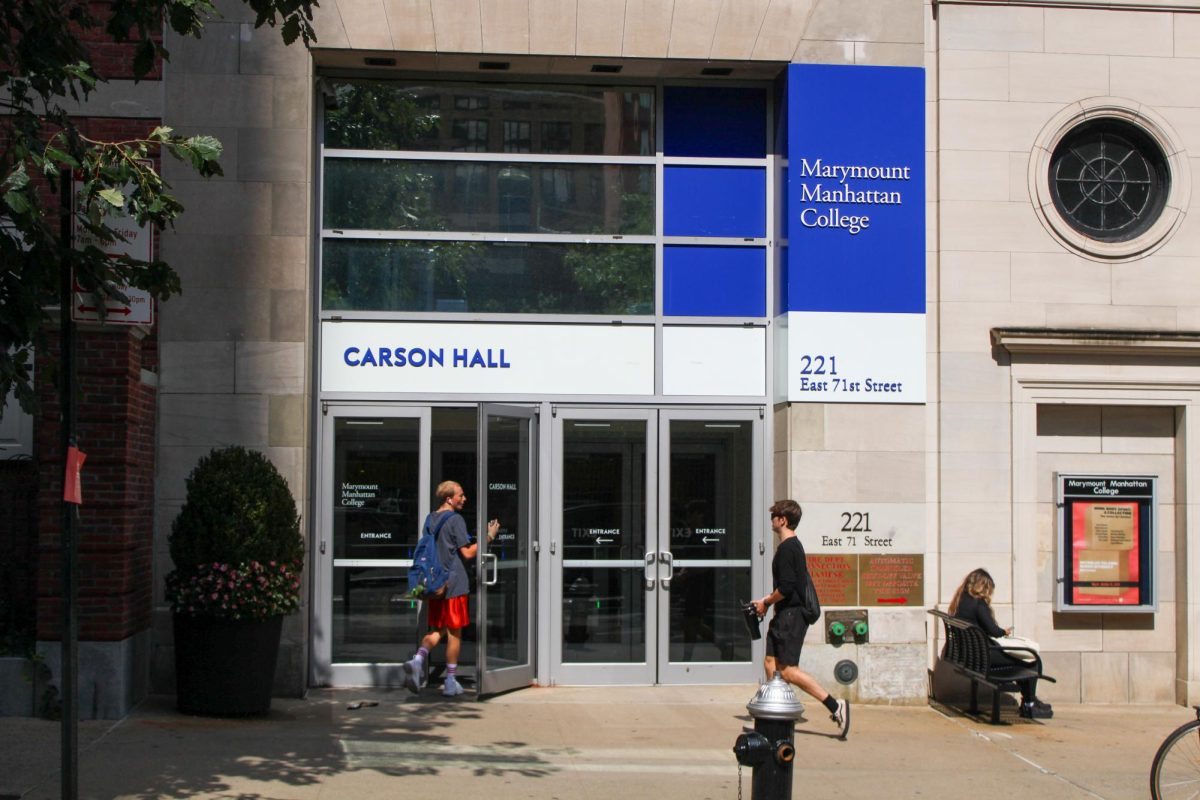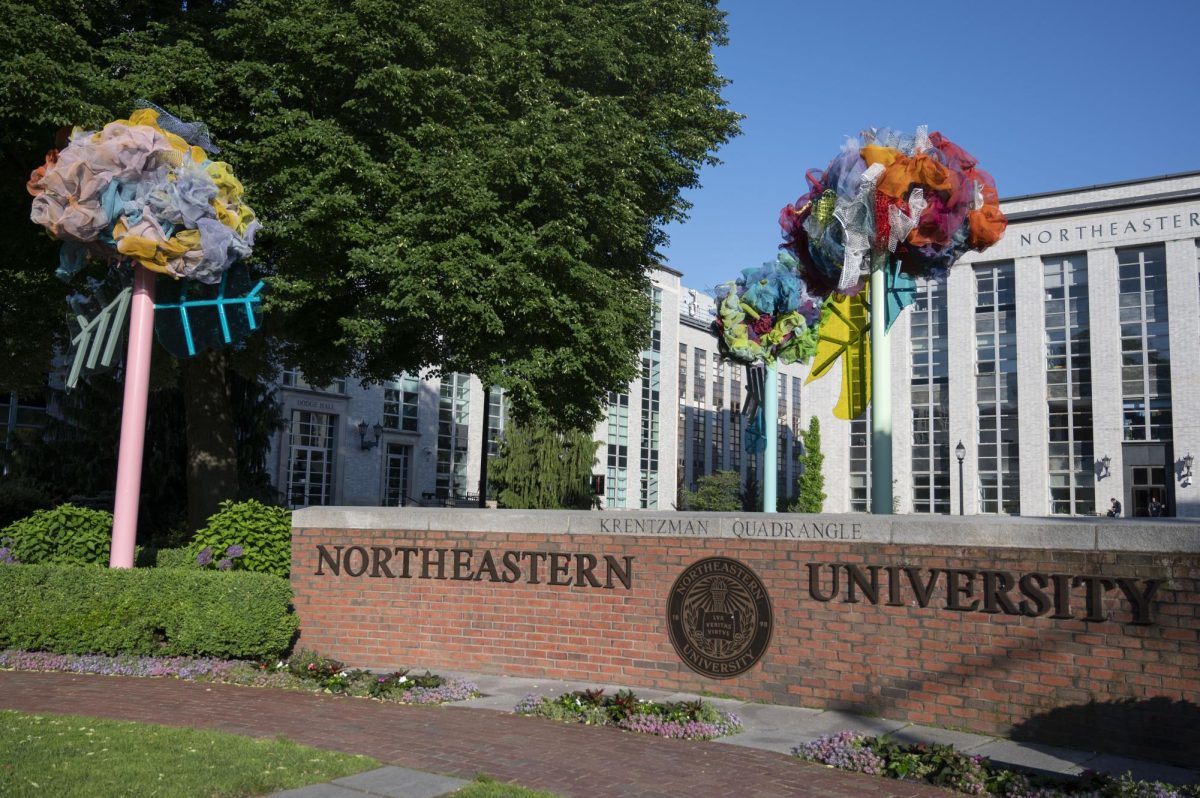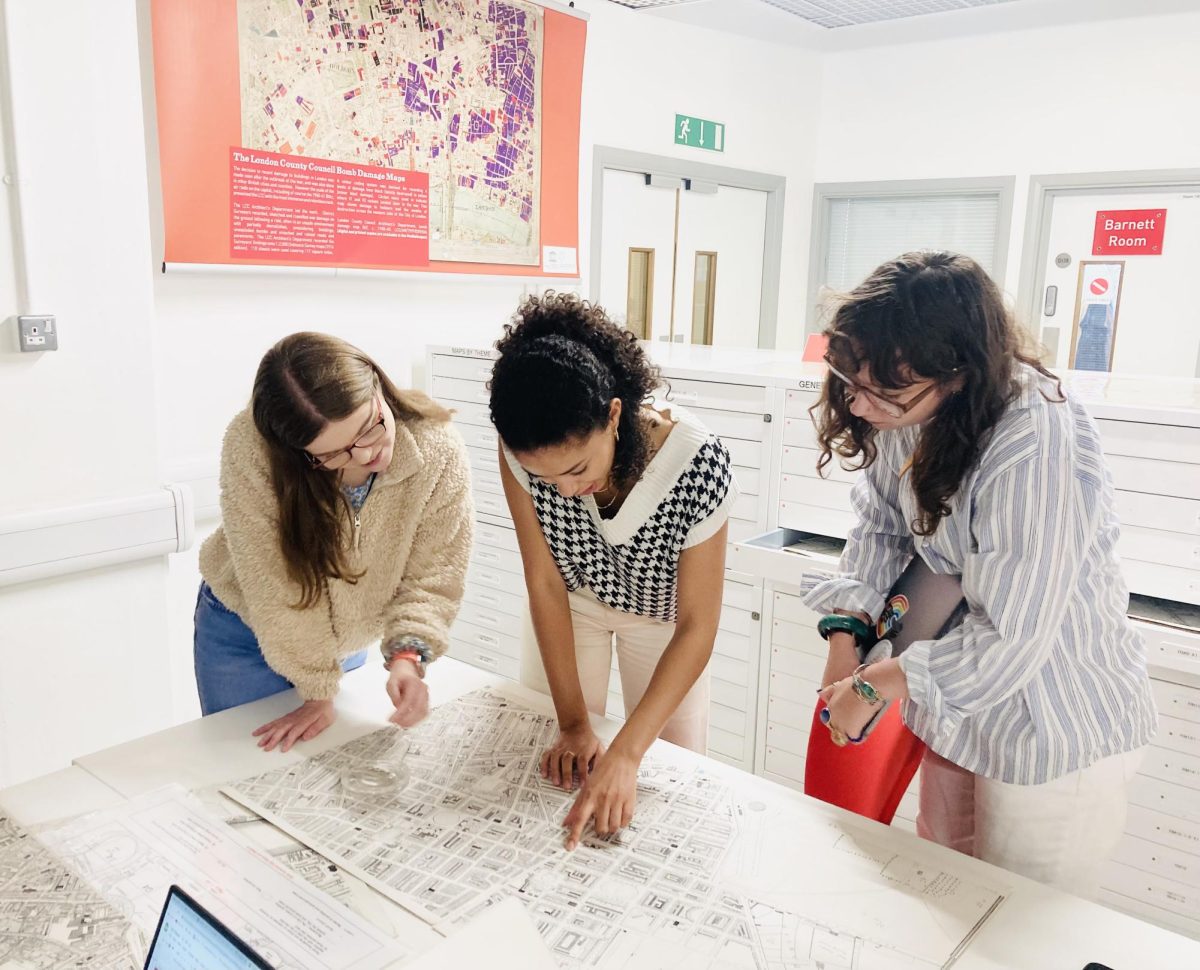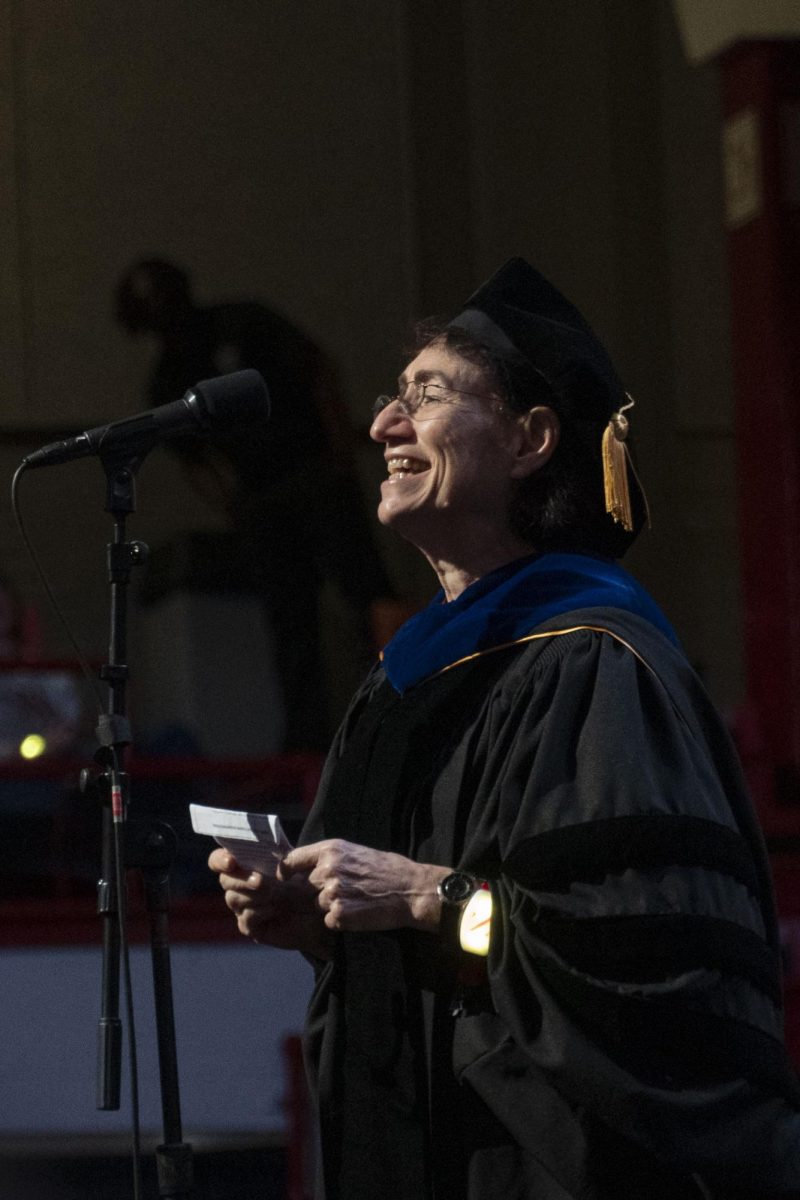Tired of pinching yourself? Well, you can stop ‘- this isn’t a dream. The administration did, in fact, listen to students.
After months of secrecy, Northeastern has finally taken a step toward transparency in the process of deciding whether to restructure the colleges of Criminal Justice (CCJ) and Arts and Sciences (CAS). In a 131-page report given to Provost Steven Director May 28, the Ad-Hoc Committee on the Organizational Structures of CAS and CCJ reviewed the advantages and disadvantages of the proposed restructuring. It even included open letters from the faculty of the College of Criminal Justice, the Criminology-Criminal Justice Graduate Student Association and alumni, and a College of Criminal Justice Restructuring Petition, all arguing CCJ should go unchanged.
No official decisions have been made and Director is not obligated to heed recommendations, but the report looks favorable for those who oppose the potential changes. The lists of disadvantages often outweighed the lists of advantages, not to mention vocalized opposition of many students, faculty and alumni. For instance, the report states that based on external comparisons, merging CCJ could lead to ‘possible administrative savings and synergies,’ but would also mean ‘the risk of losing presitge, prominence and identity; diminished decision-making effectiveness under hybrid budgeting; and diminished ability to attract and retain faculty, students, and external funding.’
Director’s final decision will reveal how much the administration values the opinions of the NU community. A decision for the restructuring of one or both of the colleges would be a good sign that the fair and open-minded report was merely overdue appeasement. The report clearly demonstrates that the risks far outnumber the potential benefits, and ignoring that would be a blatant disregard for a fair process. On the other hand, if Director decides to leave CCJ and CAS untouched, we can more safely call student, alumni and faculty efforts a success.
Whatever the motivation behind this sudden display of consideration, students, faculty and alumni who spoke out deserve congratulations. Their arguements were well-researched and passionate. It can be easy to let anger take over and ruin a debate, but the opposition was organized and armed with facts. Not only did they make sure CCJ was given a chance to survive, they brought about transparency in an administrative process as well. Had everyone remained silent, few would have known what was going on and very little would have been done to fight it.
A’hats off’ should go to the committee, as well. The report appears to consider a wide variety of possible benefits and disadvantages to every scenario, and looked at every factor and opinion. This doesn’t forgive past discretions, but it certainly sets a new standard for future proceedings. Director and the entire committee need to maintain this transparency and consideration for students, faculty and alumni as the final decision is being made. Such standards also need to be applied to any administrative doings. As members of the Northeastern community, we are all are affected by executive decisions and deserve to be informed and have our opinions heard and respected.
Hopefully, this wasn’t just an attempt to ease what have become extremely tense relations between the administration and the rest of the Northeastern community, but a sincere effort to include everyone in an important decision, and the start of a new trend.
‘
Editorial: Transparency, apparently
June 15, 2009
More to Discover








